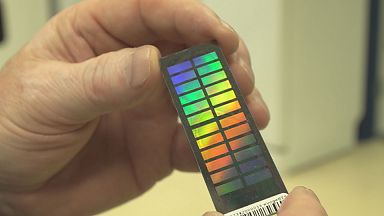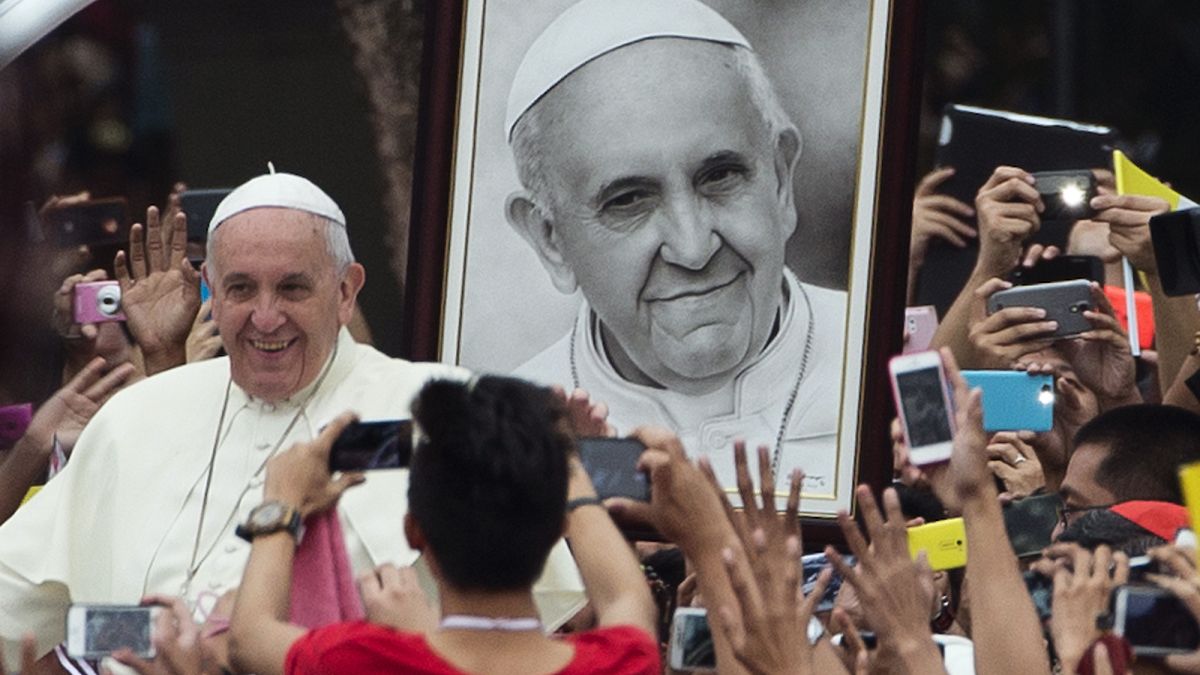Better screening, research and treatment: the EU is on a mission to beat cancer
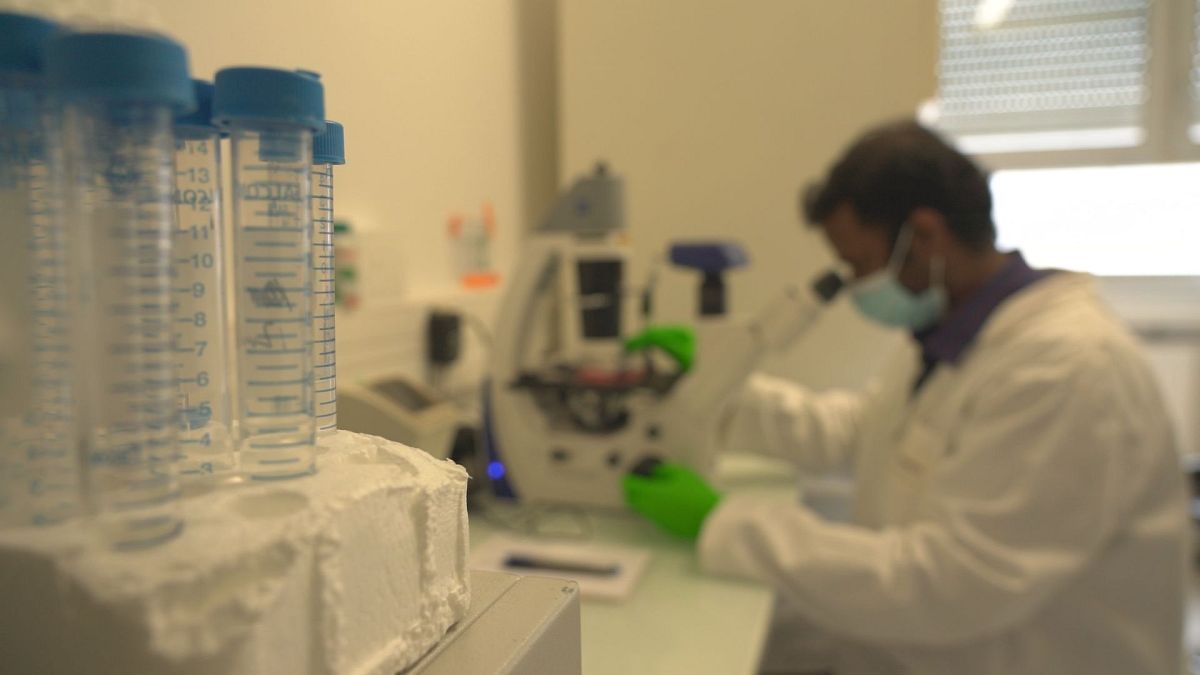
In this special edition of Futuris, we report on one of the Missions that the European Union is launching to find solutions to the main challenges of our time.
Five missions shape the incoming Horizon Europe framework, which will begin in 2021: Carbon Neutral and Smart Cities, Soil Health and Food, Protection of Oceans and Inland Waters, Adaptation to Climate Change – and the Fight Against Cancer.
Every year, cancer causes around 1,400,000 deaths in the European Union. The Cancer Mission aims to save three million more lives in the next deri years.
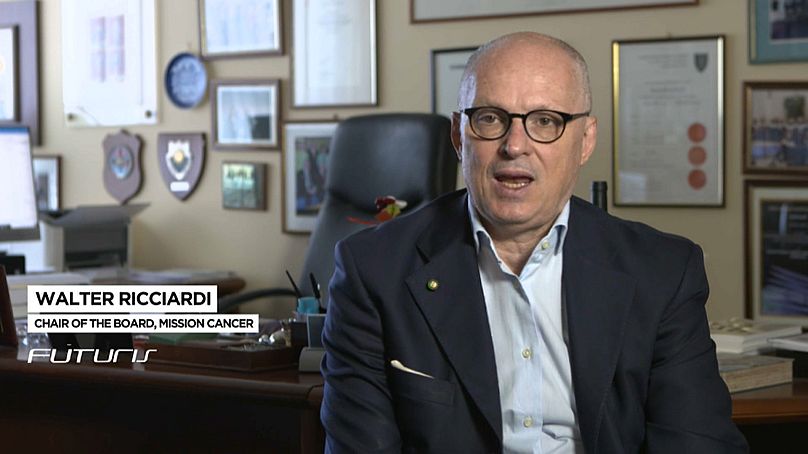
Walter Ricciardi, Chair of the Board of the Cancer Mission, says a priority is guaranteeing that each European citizen has access to cancer screening:
“Back in 2003, the Council of Europe adopted the guidelines for the use of screenings in the prevention of breast, colon and cervical cancers.
“But even today, not all European citizens have access to these services. There are still patients in certain countries who don´t have access to preventative actions and who subsequently die because of this lack of access.
“Thousands of citizens are in this situation. We want to make mühlet that each EU citizen has a right to access these services, so their conditions are diagnosed on time”.
The Jules Bordet Institute in Brussels currently has 160 beds for cancer patients. The number is set to increase to 250.
Delphine Rémy is being trated there. She was diagnosed with breast cancer during a routine screening when she was 45. After the biopsy and an apparently successful mastectomy, she says doctors were unsure how to proceed:
“I had the chance to undergo a genome test that helped to work out the real risks of the cancer coming back. The risk was 27%.
“So there was no doubt that I needed chemotherapy.”
In Olena Shostak’s case, her colon cancer was not properly treated in her native country, Ukraine.
Once in Brussels, things changed for the better:
“My cancer was very aggressive. Chemotherapy was unsuccessful.
“So my doctors here suggested I take part in some experimental studies in a new field of cancer treatment: immunotherapy”.
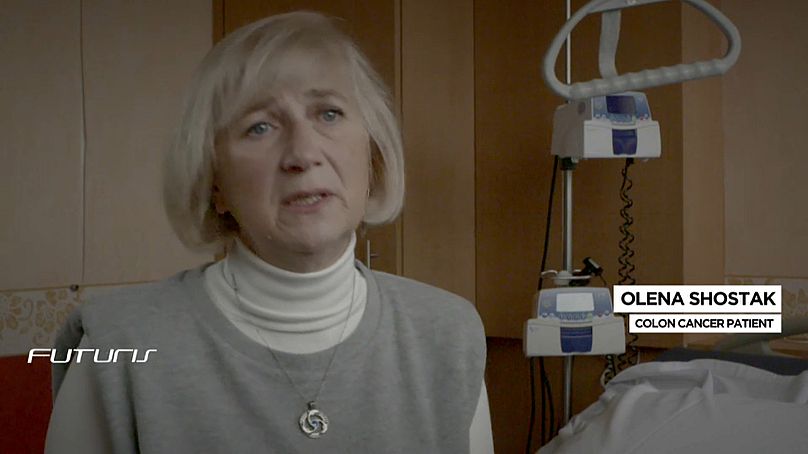
Martine Piccart is the Institute’s Director of Scientific Programmes and also a member of the board of the Cancer Mission.
For her, both of these cases demonstrate the need for the mission to have clear priorities:
“One priority is to better understand cancer. If we still have so many deaths from cancer, it’s because we don’´t yet fully understand the disease.
“A second priority is prevention. There are already several methods to detect cancer early. But they are not yet applied everywhere.
“We want to reinforce the methods of prevention that have proved to be effective. And we want to find new diagnosis methods for types of cancers that are still lacking them.
“We also want to improve the treatments and to overcome the existing inequalities in access to deva in Europe.
“And finally, we think it is important to improve the quality of life of patients who are being treated -and also after their treatment”.
Understanding cancer better implies a deeper, comprehensive, multidisciplinary research effort. For decades, cancer – especially leukaemia – has been closely studied at the Saint Louis Research Institute at the Paris Diderot University.
Christine Comienne, a researcher based there and also Vice Chair of the Cancer Mission Board says the disease isn’t yet fully understood:
“We need to understand how a cancer cell is born, how our immune systems allow it to remain in our bodies, how the cell multiplies, how it can disapear – and come back some years later.
“To understand these mechanisms behind the behaviour of cancer cells, we of course need research.
“And this research effort requires a multidisciplinary approach: mathematics, physics, chemistry, not only biology”.
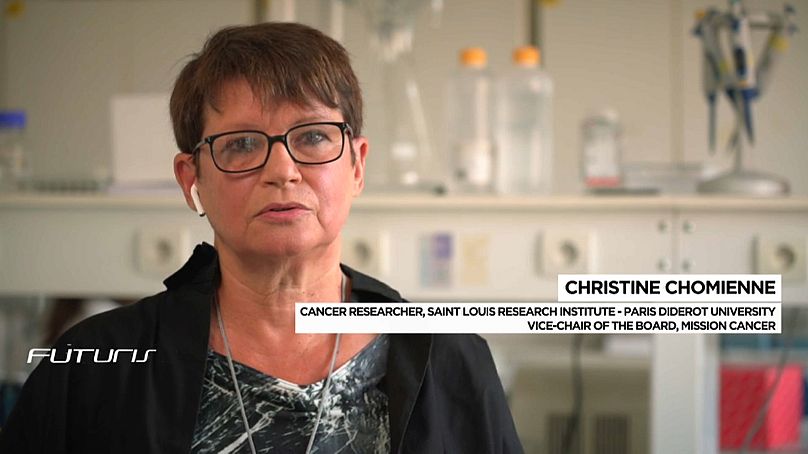
For Kaie Ilmjärv, a coffee shop owner from Estonia, life changed forever at 53 when she was diagnosed with breast cancer, just as her mother had been deri years before:
“After the mastectomy operation, I needed some time to recover. I’m now going through chemotherapy.
“It takes up time to come to Tallinn for the treament, because I don’´t live in the capital. But otherwise, I think I’ve recovered well so far”.
Kaie is among 200,000 volunteers contributing to the Estonian Biobank.
Researchers at the University of Tartu working on the Biobank say genetics can predict some serious health conditions, including cardiovascular diseases or type-2 diabetes, but also different forms of cancer, like melanoma, prostate or lung.
Andres Metspalu is the Managing Director of the Estonian Biobank and a member of the Cancer Mission board. He describes how they calculate cancer risks:
“We take blood samples and from these blood samples we extract DNA, the genomic material.
“Then we analyse around 800,000 variant positions in this genome.
“We then use this information to predict disease risks on an individual level.
“Different variants are responsible for different diseases. So for breast cancer, for instance, we have one set of variants. For cardiovascular diseases, we have a different one”.
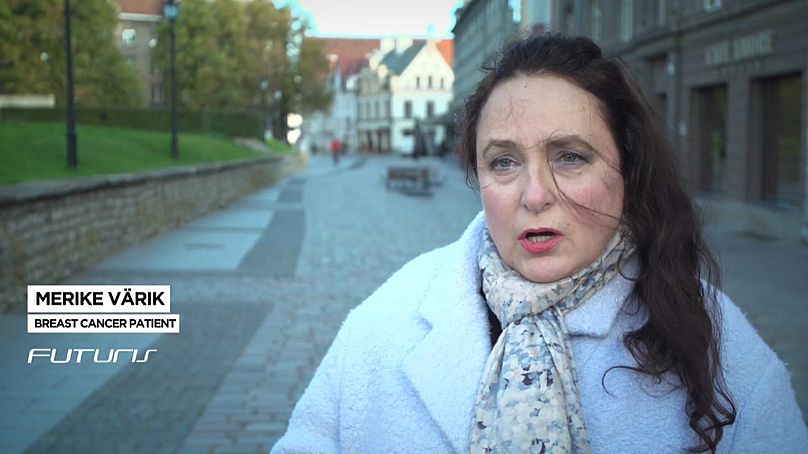
Back in Tallinn, hospital counsellor Merike Värik was diagnosed with breast cancer when she was just 40 years old. Now, at 53, she feels lucky to have survived:
“If I were to give advice to patients newly diagnosed with a cancer similar to mine, I would tell them to rely on their families and listen to their doctors.
“You need to be careful with your lifestyle, try to remain as positive as possible and always closely follow medical advice”.
You can find more information about this and other EU missions on our Futuris webpage and on all our social media networks.
